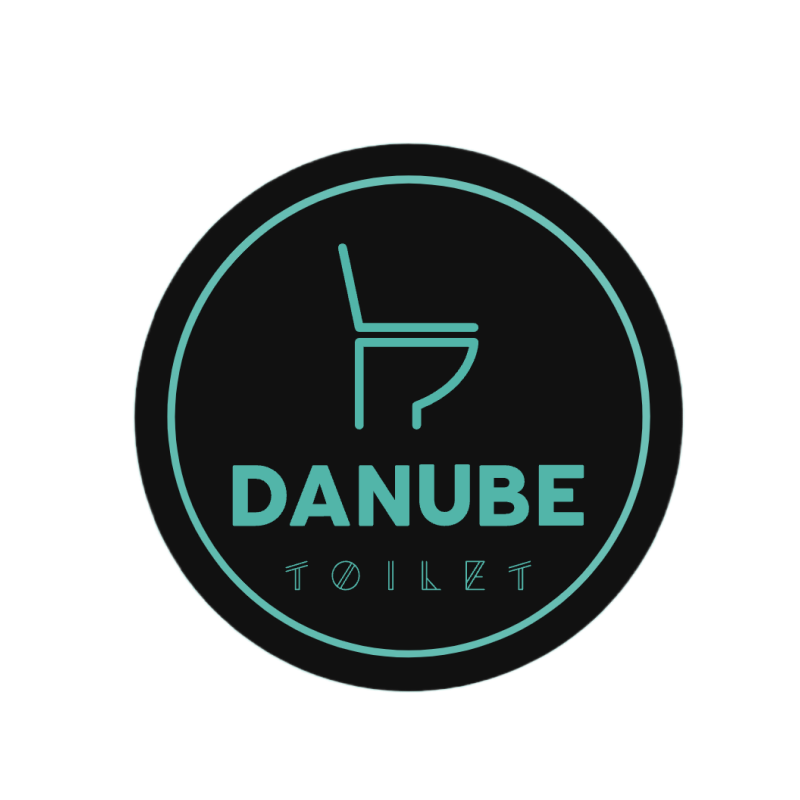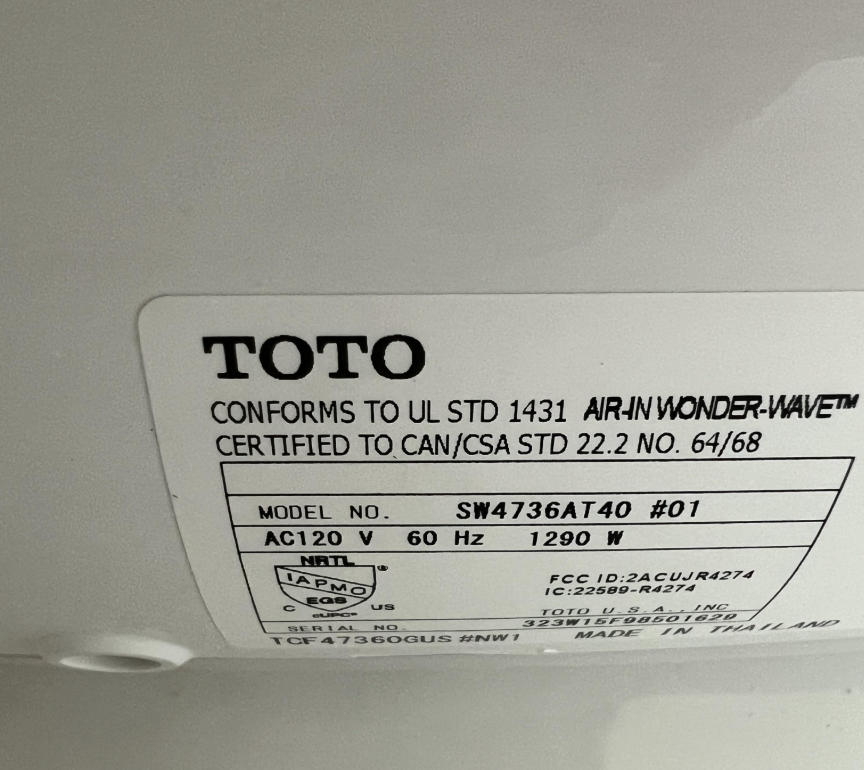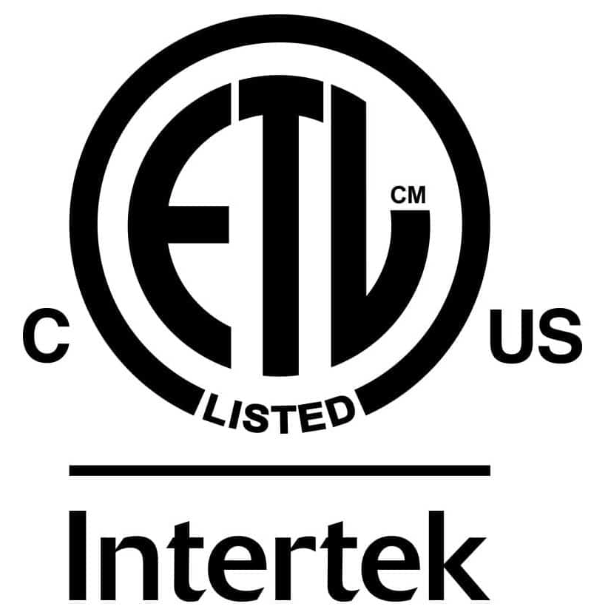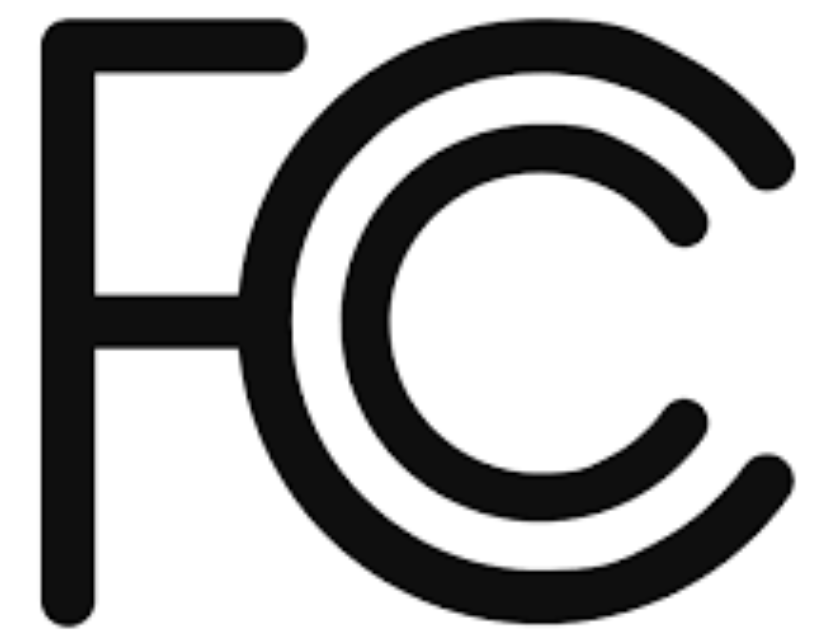As smart toilets and electronic bidets grow in popularity, especially in North America, Europe, and Asia, understanding the required certifications becomes crucial for manufacturers, exporters, and importers alike. These standards ensure safety, performance, and regulatory compliance—while also directly impacting customs clearance, installation approval, and consumer trust.
This guide covers:
- The most relevant certifications for smart toilets and electronic bidets
- Regional differences in certification requirements
- A comparison table of smart toilet standards
- Frequently asked questions (FAQs) from global buyers
Why Certifications Are Essential for Smart Toilets
Smart toilets combine water, electricity, and heat in a compact unit. This convergence of systems makes them subject to both plumbing and electrical standards—unlike traditional toilets. Without proper certifications, products risk:
- Being rejected at customs
- Failing local building codes
- Losing credibility with installers and customers
- Exposing brands to legal or insurance liability
Certifications aren’t just paperwork—they’re the foundation for market access and long-term success.
Major Smart Toilet Certifications by Region
1. United States & Canada
| Certification | Scope | Governing Body | Applies To |
|---|---|---|---|
| cUPC (IAPMO) | Plumbing safety and code compliance | IAPMO | Water supply and flush system |
| UL 1431 / UL 962 | Electrical safety and heating elements | Underwriters Laboratories | Bidet heating, dryer, electronics |
| ETL (Intertek) | Alternative to UL safety testing | Intertek | Electronic bidet/toilet units |
| FCC Part 15 | Electromagnetic compatibility | FCC | Wireless remotes or smart control features |
| WaterSense | Voluntary water efficiency labeling | EPA | Flush systems with dual-flush design |
Tip: Products sold in the U.S. and Canada typically require both cUPC and UL/ETL certification for legal installation and sale.
2. European Union
| Certification | Scope | Governing Body | Applies To |
|---|---|---|---|
| CE Marking | Electrical safety, EMC, RoHS | European Commission | Entire electronic system |
| EN 1717 | Backflow prevention and water hygiene | CEN | Nozzles, spray arms, water inlets |
| WRAS / KIWA / DVGW | Country-specific plumbing approvals | UK, Netherlands, Germany | Valves, connectors, hoses |
| IP Rating | Ingress protection from water/humidity | IEC | Electronic control areas, panels |
Note: CE marking is required EU-wide, but countries like the UK, Netherlands, and Germany may enforce additional national plumbing standards (e.g., WRAS or KIWA).
3. Japan & South Korea
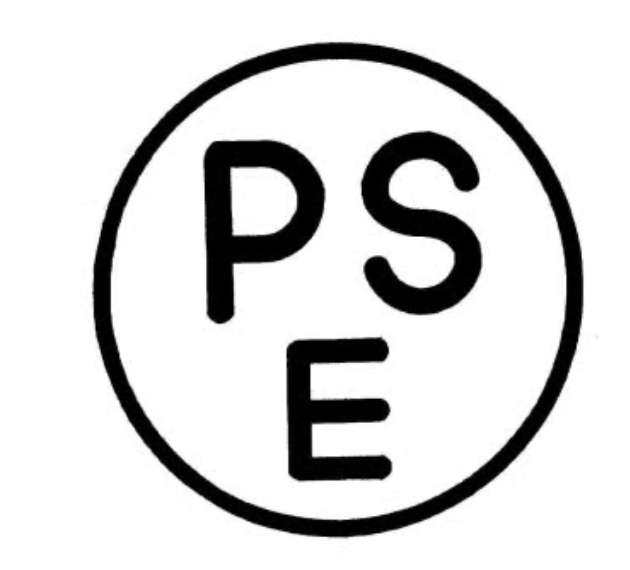
PSE
PSE (Product Safety of Electrical Appliance & Materials) certification is a mandatory safety certification for electrical and electronic products sold in Japan
KC
KC Certification, or Korea Certification, is a product certification system in South Korea that ensures products meet national safety standards.


JIS
JIS certification, stemming from the Japanese Industrial Standards (JIS), is a product certification system that verifies conformity to Japanese standards for various industrial and mineral products, data, services, and management systems.
| Certification | Scope | Governing Body | Applies To |
|---|---|---|---|
| PSE (Japan) | Electrical product safety | METI | Power cables, circuits, internal controls |
| JIS (Japan) | Product performance and safety | Japanese Industrial Standards | Spray systems, heating units |
| KC (Korea) | Electrical safety and EMC | Korea Certification Authority | Smart toilet seats and integrated systems |
These markets emphasize product durability, waterproofing, and electric shock prevention—especially due to high domestic use of smart toilets.
Smart Toilet Certification Comparison Table
| Region | Required Certifications | Optional / Enhancing Marks | Enforcement Level |
|---|---|---|---|
| United States | cUPC, UL or ETL, FCC | WaterSense | High |
| Canada | cUPC, UL or ETL | WaterSense | High |
| European Union | CE, EN 1717, IP Rating | WRAS, KIWA, DVGW | Medium to High |
| Japan | PSE, JIS | — | Very High |
| South Korea | KC Certification | — | High |
What Components Require Certification in a Smart Toilet?
| Component | Required Certification(s) |
|---|---|
| Water supply and flush system | cUPC (US/CA), EN 1717 (EU), WRAS/KIWA (select EU countries) |
| Heated seat and dryer | UL, ETL (US/CA), CE (EU), PSE (Japan) |
| Remote control or app connectivity | FCC (US), CE-EMC (EU), KC (Korea) |
| Backflow prevention valves | EN 1717, WRAS, cUPC |
| Ingress protection (humidity) | IPX4 or higher (recommended in all markets) |
Ensuring each component is individually compliant prevents certification rejection and speeds up approval during product inspection.
Frequently Asked Questions (FAQs)
Q1: Is CE marking enough to sell smart toilets in Europe?
Not always. While CE marking is mandatory for electrical compliance, water-contact components often require additional national approvals such as WRAS (UK), KIWA (Netherlands), or DVGW (Germany).
Q2: Can a product be sold in the U.S. with only UL certification but no cUPC?
No. UL covers only electrical safety. Smart toilets or bidet seats connected to water systems must also meet cUPC standards to comply with plumbing codes in North America.
Q3: Do integrated smart toilets need separate certifications for the bidet function?
Yes. The seat heating, spray nozzles, and electronic dryers are treated as independent components requiring their own safety certifications (e.g., UL, CE, PSE).
Q4: Is FCC certification required for smart toilets?
Only if the toilet or bidet includes wireless features like Bluetooth remotes or Wi-Fi control. FCC Part 15 ensures that the electronics do not interfere with other devices.
Q5: How long does it take to certify a smart toilet?
It varies by region and certification type. UL and cUPC can take 3–6 months. CE marking may take a few weeks, while WRAS or PSE certifications can require 2–6 months depending on product complexity and documentation.
Conclusion: Certification Enables Compliance and Market Confidence
Smart toilet certifications are not just a formality—they are essential for entering regulated markets, building consumer trust, and ensuring product safety. From cUPC and UL in the U.S. to CE and WRAS in Europe, the right approvals can open doors, while missing them can close markets.
For bathroom brands and distributors seeking to source or launch certified electronic bidets, partnering with an experienced OEM/ODM factory that understands regional compliance is the most effective way to reduce risk and accelerate time to market.
Looking for an OEM/ODM partner that delivers globally certified smart toilets and bidet seats?
We manufacture smart toilet solutions ready for UL, cUPC, CE, PSE, and KC certification, with full support for customization, labeling, and compliance testing.
